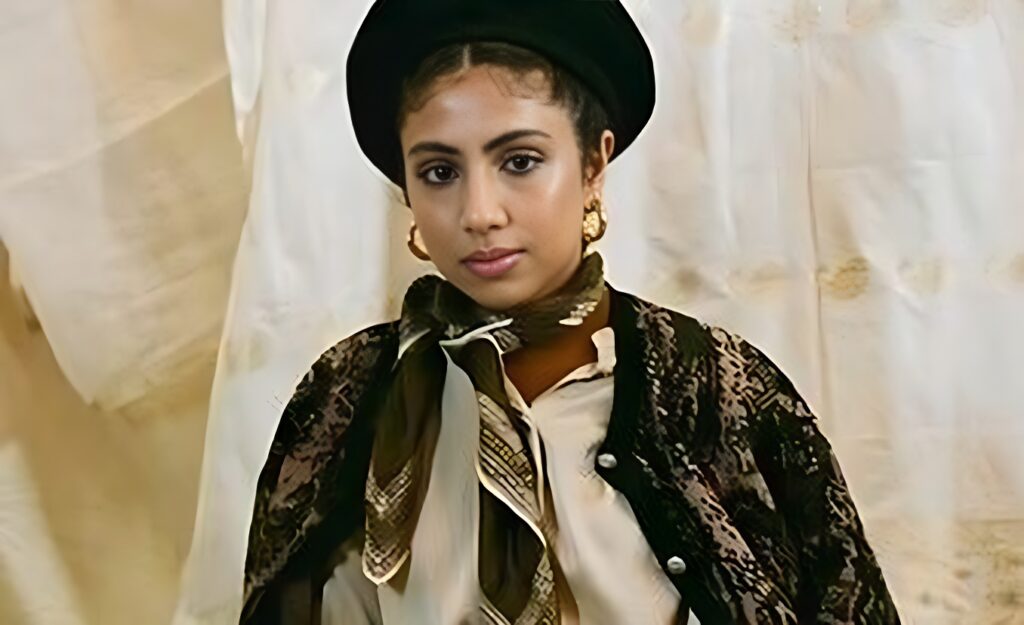In recent years, the landscape of marketing and Social Media Influencers has undergone a remarkable transformation, largely driven by the emergence of social media influencers.
The Gulf Cooperation Council (GCC) countries, comprising Bahrain, Kuwait, Oman, Qatar, Saudi Arabia, and the United Arab Emirates (UAE), have not been immune to this phenomenon. Social media influencers in the GCC have risen to prominence, wielding significant influence over consumer behavior and reshaping the marketing strategies of brands. In this article, we delve into the world of social media influencers in the GCC, exploring their impact, the factors driving their success, and the future of influencer marketing in the region.
The Rise of GCC advertisement : A New Era of Digital Marketing with Social Media Influencers
The GCC region has witnessed a surge in the number of social media influencers across various platforms, including Instagram, Twitter, Snapchat, YouTube, and TikTok. These influencers hail from diverse backgrounds, representing niches such as fashion, beauty, fitness, lifestyle, travel, food, and technology. What sets them apart is their ability to authentically connect with their followers, creating a sense of trust and relatability that traditional advertising often struggles to achieve.
Factors Fueling the Success of GCC Influencers
Several factors contribute to the meteoric rise of social media influencers in the GCC:
- Youthful Population: The GCC region boasts a predominantly youthful demographic, with a significant portion of the population under the age of 35. This tech-savvy generation is highly active on social media, providing a receptive audience for influencers.
- Aspirational Lifestyle: GCC influencers often portray aspirational lifestyles, resonating with their audience’s desires for luxury, fashion, and glamour. Followers are drawn to their content as it mirrors their own aspirations.
- Cultural Relevance: GCC influencers understand the cultural nuances of their respective countries and tailor their content accordingly. This cultural resonance fosters a deeper connection with their audience.
- Accessible Technology: The region’s widespread access to smartphones and high-speed internet has made it easy for individuals to create and consume content on social media platforms.
- Collaborations and Partnerships: Many influencers in the GCC collaborate with local and international brands, bridging the gap between traditional marketing and the influencer’s personal brand. These partnerships often bring exclusive offers and promotions to their followers.
Influencers as Trendsetters and Opinion Leaders
Social media influencers in the GCC have evolved beyond mere content creators; they are now considered trendsetters and opinion leaders. Their recommendations can significantly impact consumer behavior, from fashion choices to travel destinations to purchasing decisions. The authenticity they bring to sponsored content often blurs the line between advertisement and genuine endorsement.
GCC influencers’ reach extends far beyond their borders. Many have a global following, allowing them to introduce the world to the culture, lifestyle, and beauty of the GCC region. This global influence has positioned GCC influencers as key players in the international influencer landscape.
Challenges and Ethical Considerations
As the influence of GCC social media influencers continues to grow, it is not without its challenges. One of the primary concerns is authenticity. Some influencers have faced criticism for inauthentic content or excessive promotion of products. Maintaining credibility is essential to sustain a loyal follower base.
Another challenge is the need for clearer regulations and guidelines regarding influencer marketing. While some GCC countries have introduced guidelines, there is a need for standardized practices to ensure transparency, especially in the disclosure of paid partnerships and sponsorships.
The Future of Influencer Marketing in the GCC
The future of influencer marketing in the GCC appears promising. As the region’s digital landscape continues to evolve, influencer marketing is likely to become even more integral to brands’ marketing strategies. However, several trends are expected to shape the future:
- Micro-Influencers: While macro-influencers have dominated the scene, micro-influencers with smaller but highly engaged audiences are gaining prominence. They offer niche expertise and authenticity that can be valuable to brands.
- Video Content: The popularity of video content, particularly on platforms like TikTok and YouTube, is on the rise. Influencers who can create compelling video content are likely to thrive.
- Data-Driven Strategies: Brands will increasingly use data analytics to identify the most suitable influencers, measure ROI, and fine-tune their campaigns for optimal results.
- Sustainability and Ethical Values: As consumers become more conscious of sustainability and ethical practices, influencers who align with these values will gain prominence.
- Regulations: It is expected that regulations surrounding influencer marketing will continue to evolve, promoting transparency and ethical practices.
In conclusion, social media influencers in the GCC have emerged as powerful voices in the marketing landscape, connecting with audiences on a personal level and influencing their choices. Their impact is poised to grow, and as they navigate the evolving digital landscape, they will continue to redefine marketing strategies, shape trends, and play a pivotal role in the future of advertising in the region.




